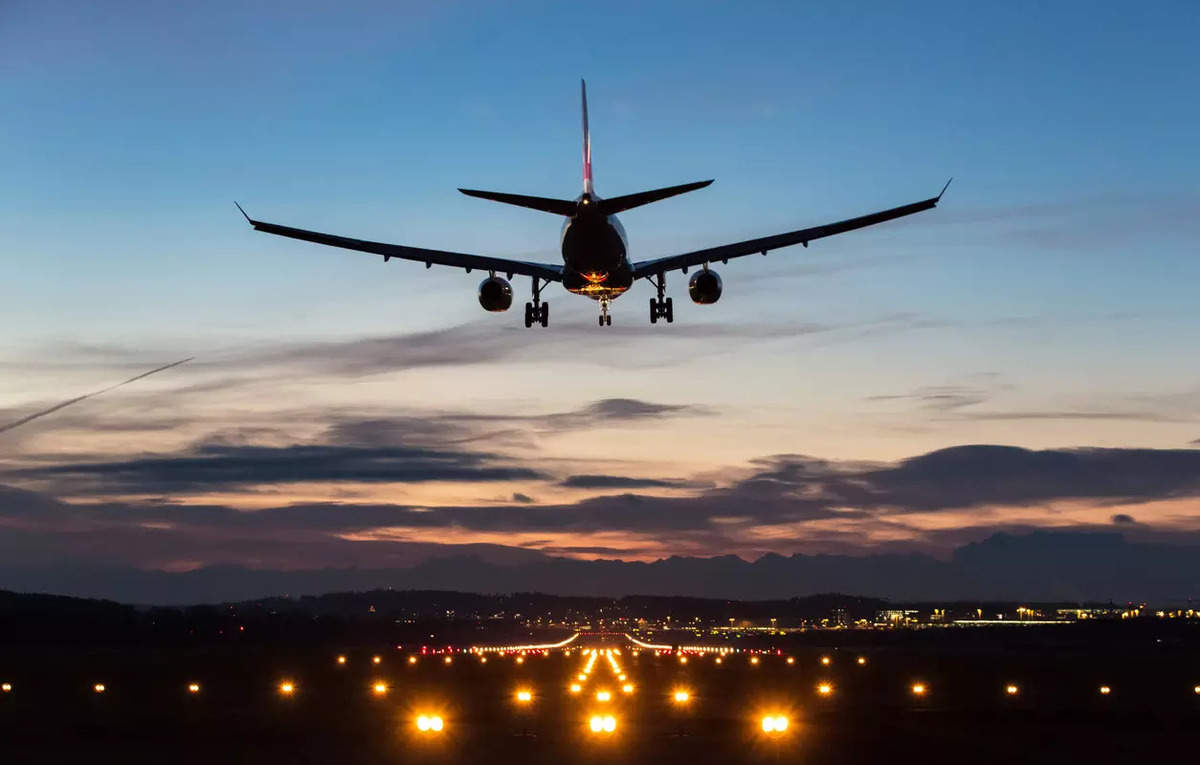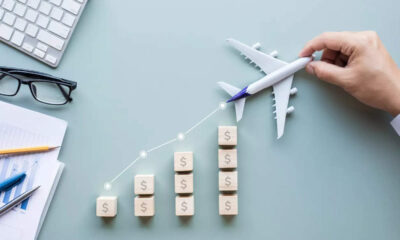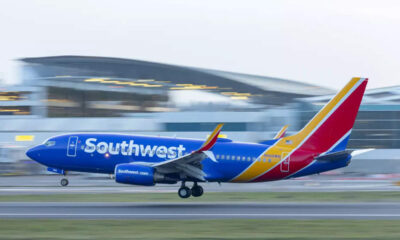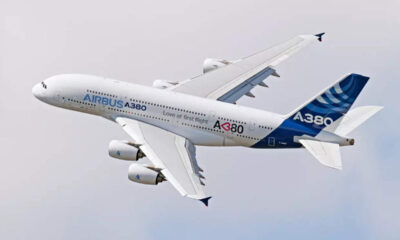Destination
At aviation meeting, ESG takes backseat to jet shortages, BA News, BA

A major annual air finance gathering largely skirted round the topic of sustainability this week – a rare departure from the industry’s usual tight messaging on curbing emissions that left some delegates concerned about the impact of “ESG fatigue”.
In contrast with the attention devoted to climate topics at earlier events, this year’s Airline Economics conference was overshadowed instead by the scramble facing airlines just to keep their jets flying as they deal with parts shortages.
“The general consensus is that the sustainability subject is moving off centre,” Simon Newitt, president of Sweden’s Heart Aerospace, which is developing a 30-seat electric plane, told Reuters on the sidelines of the Dublin gathering.
Bottlenecks and parts shortages have forced airlines to keep older jets flying for longer, even as targets for sustainable aviation fuel (SAF) in the European Union come into force. Industry leaders say there is less optimism over reaching the industry’s over-arching goal of net zero carbon emissions by 2050. Aviation is responsible for 2-3 per cent of carbon emissions.
“The rose-tinted glasses have come off,” Deion McCarthy, an executive at Dubai Aerospace Enterprise, told the conference.
The increasingly tempered view comes weeks after airlines group IATA warned that not enough progress was being made to increase the supply of SAF as other problems take priority. The industry body insists that the targets are intact, however.
“Long-term, it’s going to be an important part of getting to net zero … but 2024 was a tough year,” said Gordon Grant, head of investor relations at lessor Aviation Capital Group.
Several delegates warned this would not stem the tide of regulatory pressure in the European Union, where the cost of carbon is expected to become a growing part of airline costs. The conference opened with a stark warning from one of the industry’s leading forecasters.
“Sustainability is a big issue in this cycle,” said Rob Morris, global head of consultancy at UK-based Cirium Ascend.
“That’s going to become an even bigger issue, because if we don’t demonstrate significant progress towards net zero, then regulators will observe our lack of progress and do something about it.”
The aviation industry has campaigned for years to prove its environmental credentials with a plan to curb emissions and a series of widely-promoted co-operation announcements between airlines and SAF producers or technology startups, but faces a backlash over claims of greenwashing in some European countries.
Lessors, who market planes across the world, paint a contrast between anti-flying sentiment in parts of northern Europe and the appetite for travel in fast-growing markets such as India. Cracks are growing in the global response to climate change and investors say the return of Donald Trump as U.S. president could herald more regional divergence over the green transition.
Trump has vowed to repeal Joe Biden’s green measures called the Inflation Reduction Act, which include tax credits for nascent SAF producers. Trump aides argue the overall package would contribute to inflation, rather than taming it, and expand public deficits.
Environmental groups say that even if SAF production targets are met, emissions will keep growing as more planes are sold in coming decades.
Thomas Fowler, sustainability boss at Europe’s Ryanair, defended the industry’s record. Small steps like meeting an EU mandate to have 2 per cent SAF in jet fuel blends this year are attainable and set a good precedent, he said.
Heart’s Newitt urged the industry not to get distracted.
“The comment we often hear is: ‘Don’t you get it, we’ve got a business to run’,” he said. “We are all running businesses but have serious challenges ahead and are realizing the targets are most likely unachievable, and we have to do something about it.”
-

 Destination4 months ago
Destination4 months agoSingapore Airlines CEO set to join board of Air India, BA News, BA
-

 Tech News8 months ago
Tech News8 months agoBangladeshi police agents accused of selling citizens’ personal information on Telegram
-

 Motivation7 months ago
Motivation7 months agoThe Top 20 Motivational Instagram Accounts to Follow (2024)
-

 Guides & Tips6 months ago
Guides & Tips6 months agoSatisfy Your Meat and BBQ Cravings While in Texas
-

 Tech News6 months ago
Tech News6 months agoSoccer team’s drone at center of Paris Olympics spying scandal
-

 Toys6 months ago
Toys6 months ago15 Best Magnetic Tile Race Tracks for Kids!
-

 Guides & Tips6 months ago
Guides & Tips6 months agoHave Unlimited Korean Food at MANY Unlimited Topokki!
-

 Gaming5 months ago
Gaming5 months agoThe Criterion Collection announces November 2024 releases, Seven Samurai 4K and more























